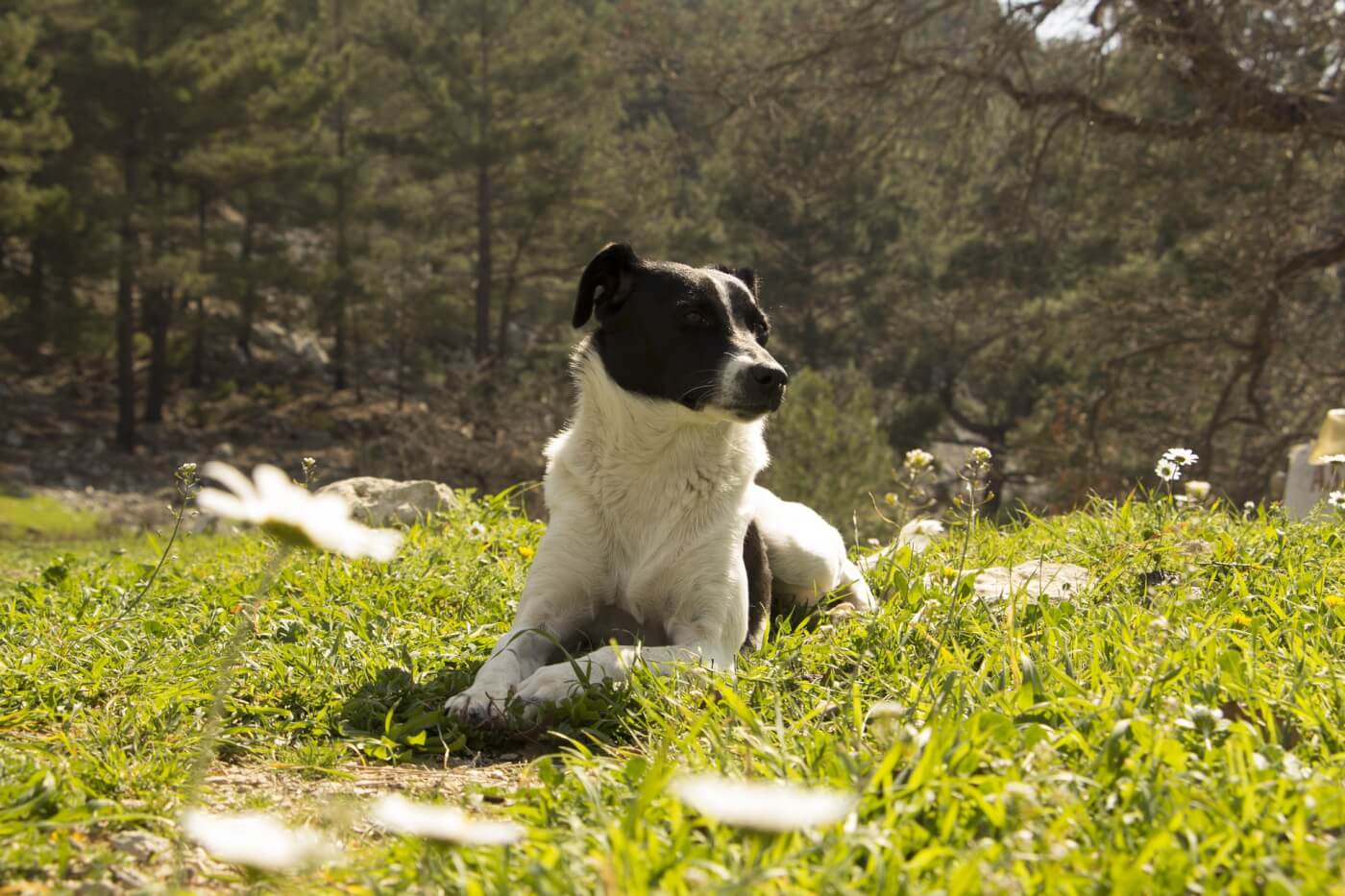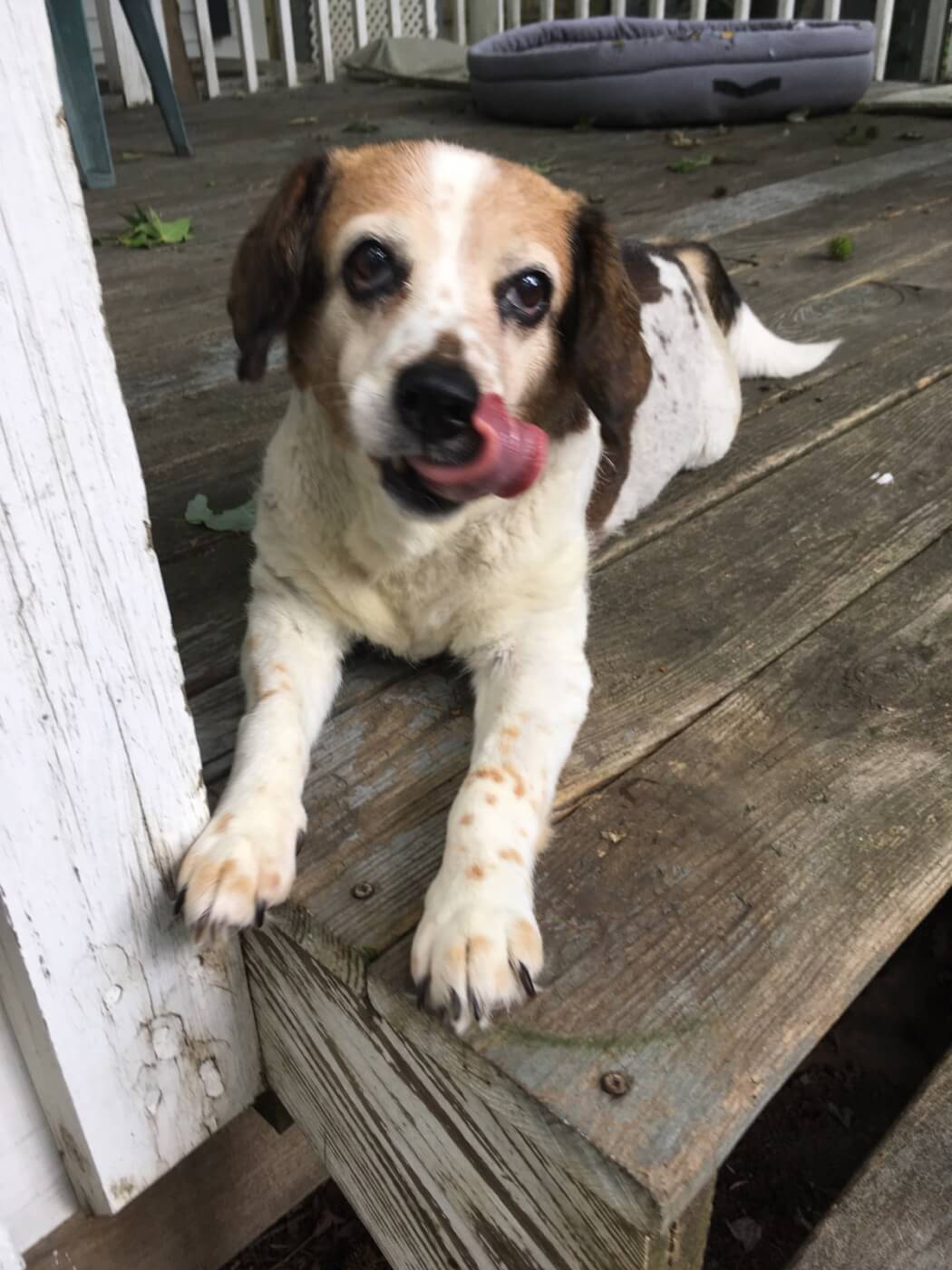By Karen Porreca
It’s one of my biggest pet peeves to hear people say that their dogs are “spoiled” just because they get enough to eat, a place to sleep, an occasional walk, and adequate health care. To me, that’s the least we should be doing for our “best friend.” But come to find out, that level of care could actually be causing them a lot of discomfort—even distress. The problem is that dogs have special needs that often go ignored.
In Unleashing Your Dog: A Field Guide to Giving Your Canine Companion the Best Life Possible, Marc Bekoff and Jessica Pierce explain what those quintessential needs are and how we can meet them. This book has been crying out to be written for a long time. If you, like me, cringe when you see people yanking their dogs back from trying to sniff another pup or carrying them around in a purse, then you know what I’m talking about. Dogs need the freedom to be dogs, not furry humans, toys, or accessories.
This book should be required reading for all dog guardians. There’s something in it for everyone, no matter how many dogs you’ve lived with before and how tuned-in to them you think you’ve been. There is always more to learn.
Written in an engaging manner, the book is filled with fascinating anecdotes, facts, and studies relevant to dog behavior. There’s even a guided tour through each of the canine senses—smell, taste, sight, hearing, and touch—as well as the “kaleidoscope of senses”: play.
Living with humans usually deprives dogs of the sensory stimulation that they were “designed” to experience. For example, even though their sense of smell is about 1,000 times as sensitive as ours, many dogs are regularly washed with scented shampoo and exposed to products in the home that are heavily perfumed, such as candles, air fresheners, etc.—these all mask normal odors and serve as annoying “background noise” for a dog’s sense of smell. They can even make it harder for dogs to communicate with other pups because, as anyone who has seen dogs greet each other knows, their scent is their identity. And we also deprive our dogs when we don’t allow them to stop and sniff during walks.
Hearing is the one dog sense that’s likely to be overstimulated in our human environment. Dogs’ ability to hear is four times as sensitive as ours, so they probably feel bombarded by all the human-generated noise that their ears are forced to process. The authors suggest that we think twice before turning up the music and that we take simple steps to protect our dogs’ ears from the onslaught of sound by, for example, purchasing dog-collar “tag silencers” to quiet the annoying, relentless jingling. They also prescribe tolerance when it comes to barking, stating that “if dog barking really bothers you, it’s probably best not to get a dog.”
The issue of personal space is also addressed. Many dogs don’t like to be hugged or even petted for a variety of reasons, and this preference should always be respected. Alone time is another necessity for some dogs—they want a safe place to retreat to that won’t be bothered by small children, other animals, or anyone else. Conversely, some dogs can become quite anxious when left alone for too long. The general guideline is that adult dogs shouldn’t be left by themselves for more than four hours.
But the thing that dogs crave from us more than anything else is quality time together. In the words of the authors: “People sometimes complain that their lives are ruled by their dog—it’s harder to go on trips, make social plans, or even get necessary work done because they have to be home to ‘let the dog out.’ Exactly. That’s the reality of living with a dog, and that’s why dog ownership is not right for everybody.”
The basic message of Unleashing Your Dog is to “let your dog be a dog, as much as possible, as often as possible, and with as much patience and goodwill as possible.” I really love this book, and anyone who wants to unleash their dogs’ happiness will love it, too.







